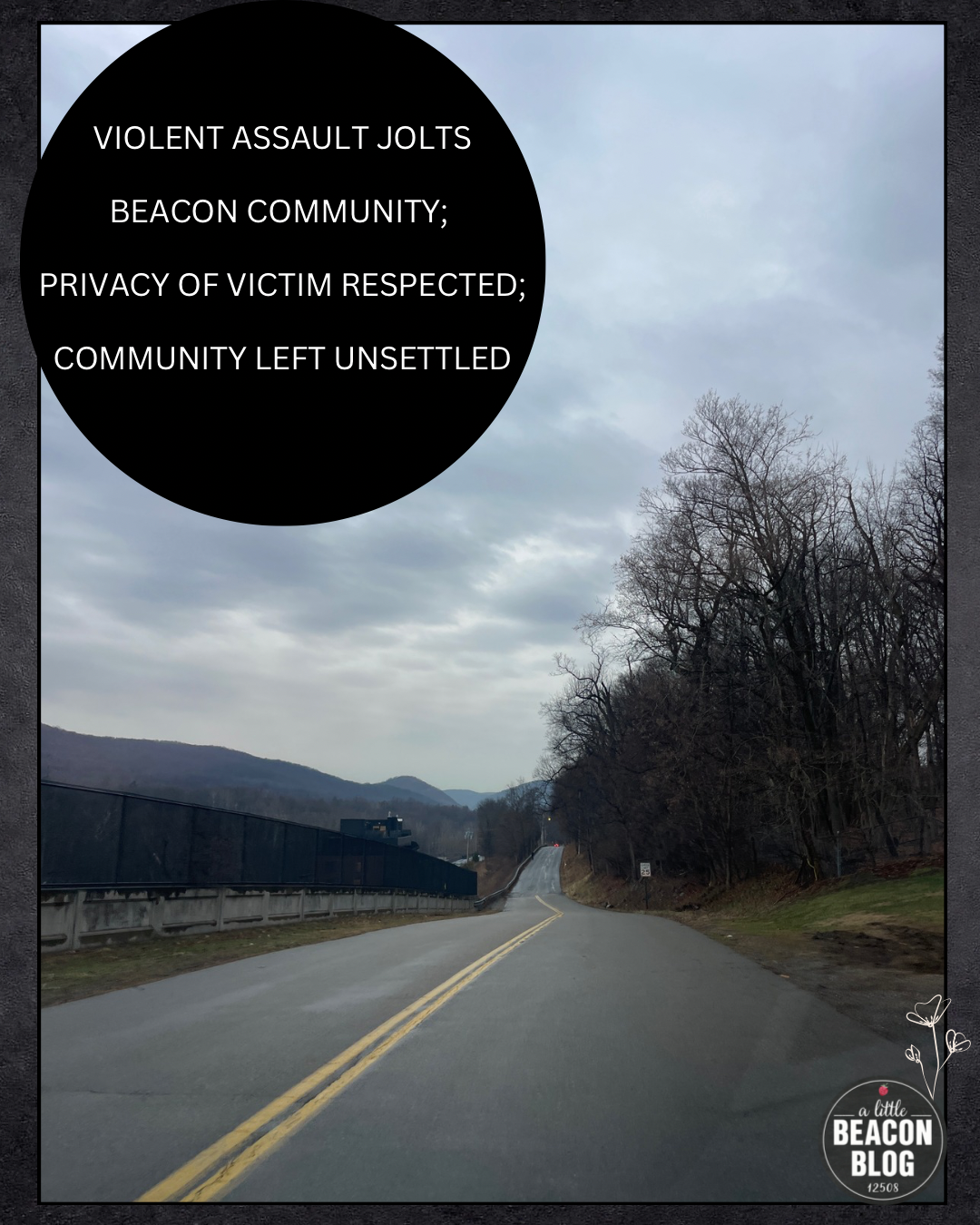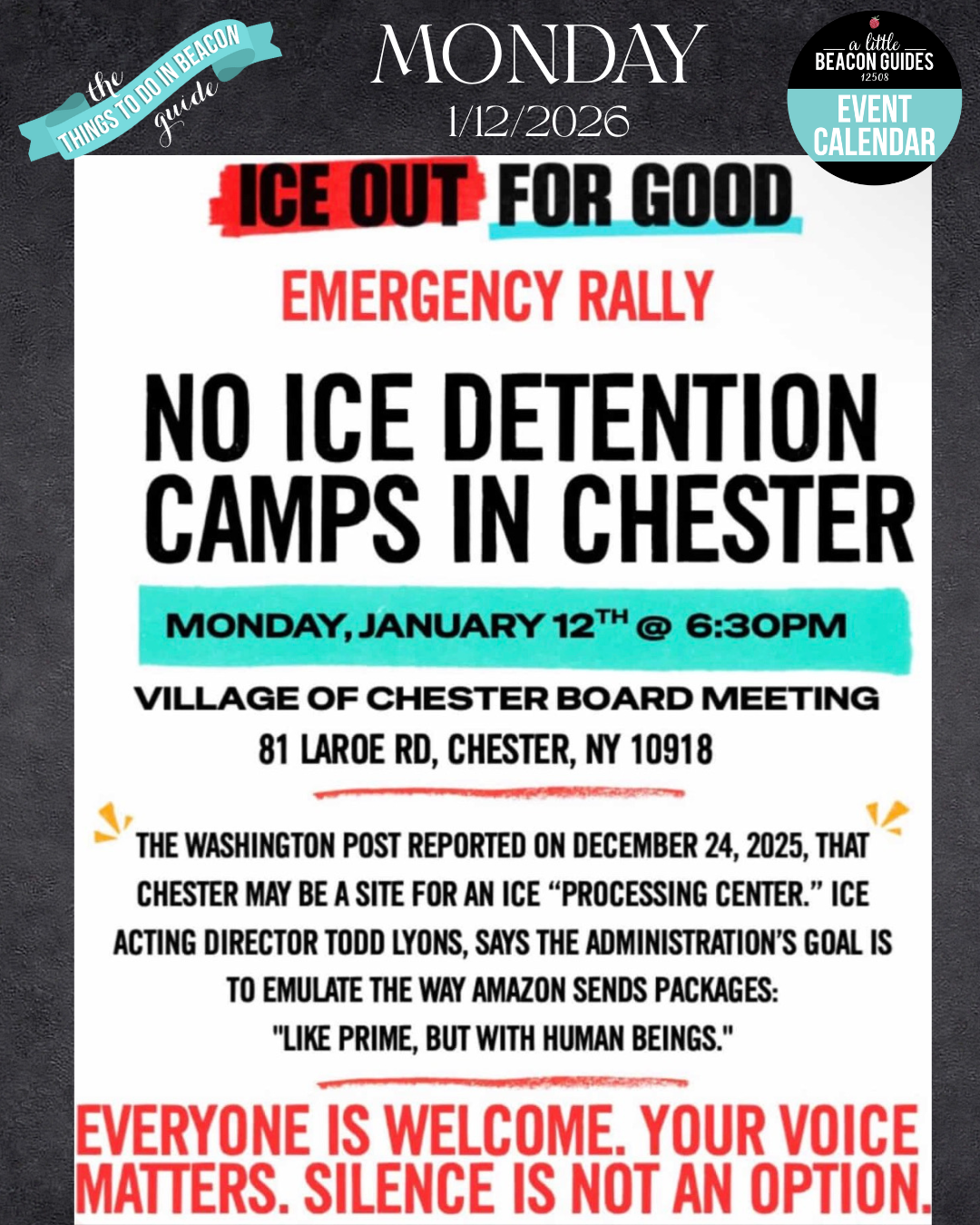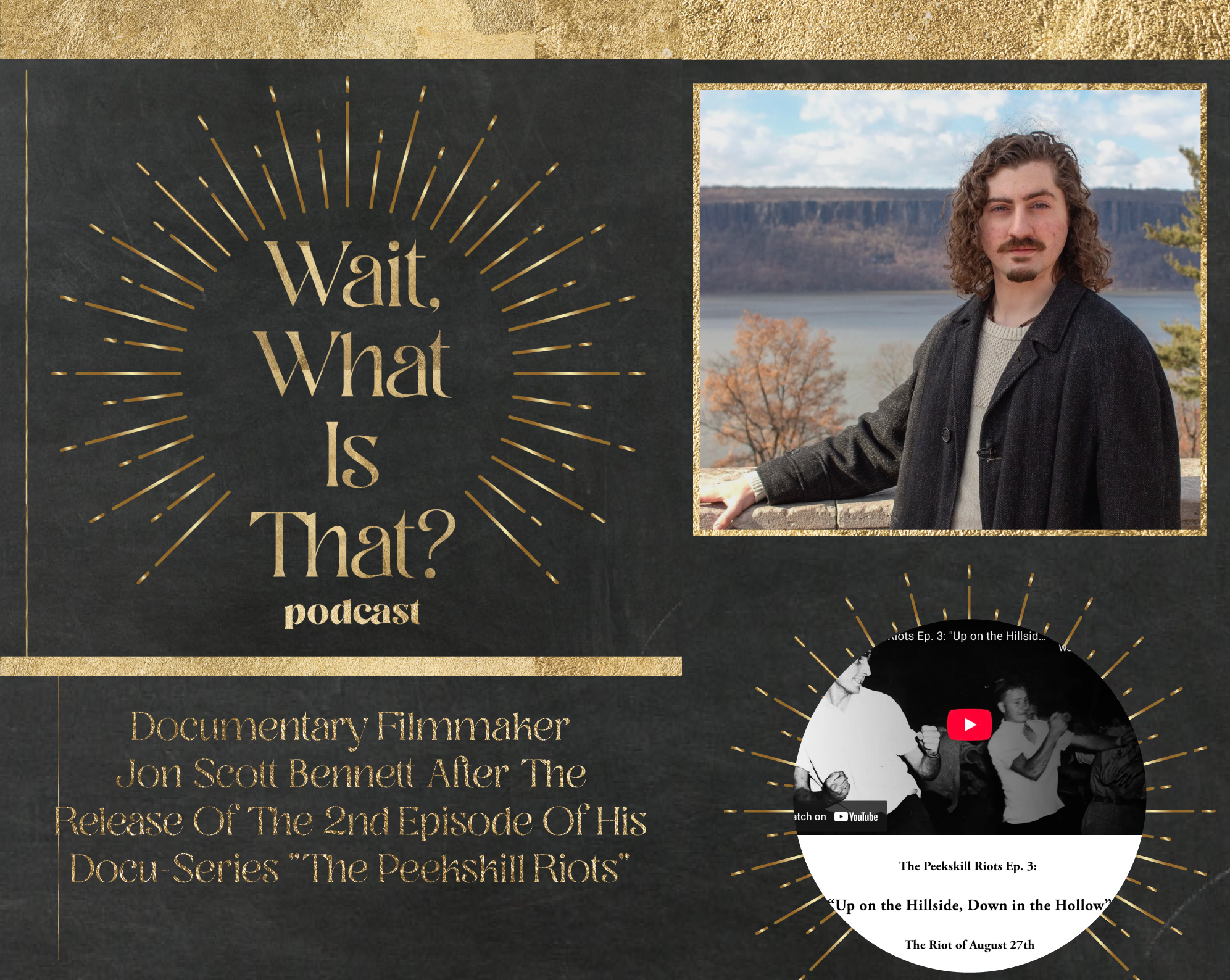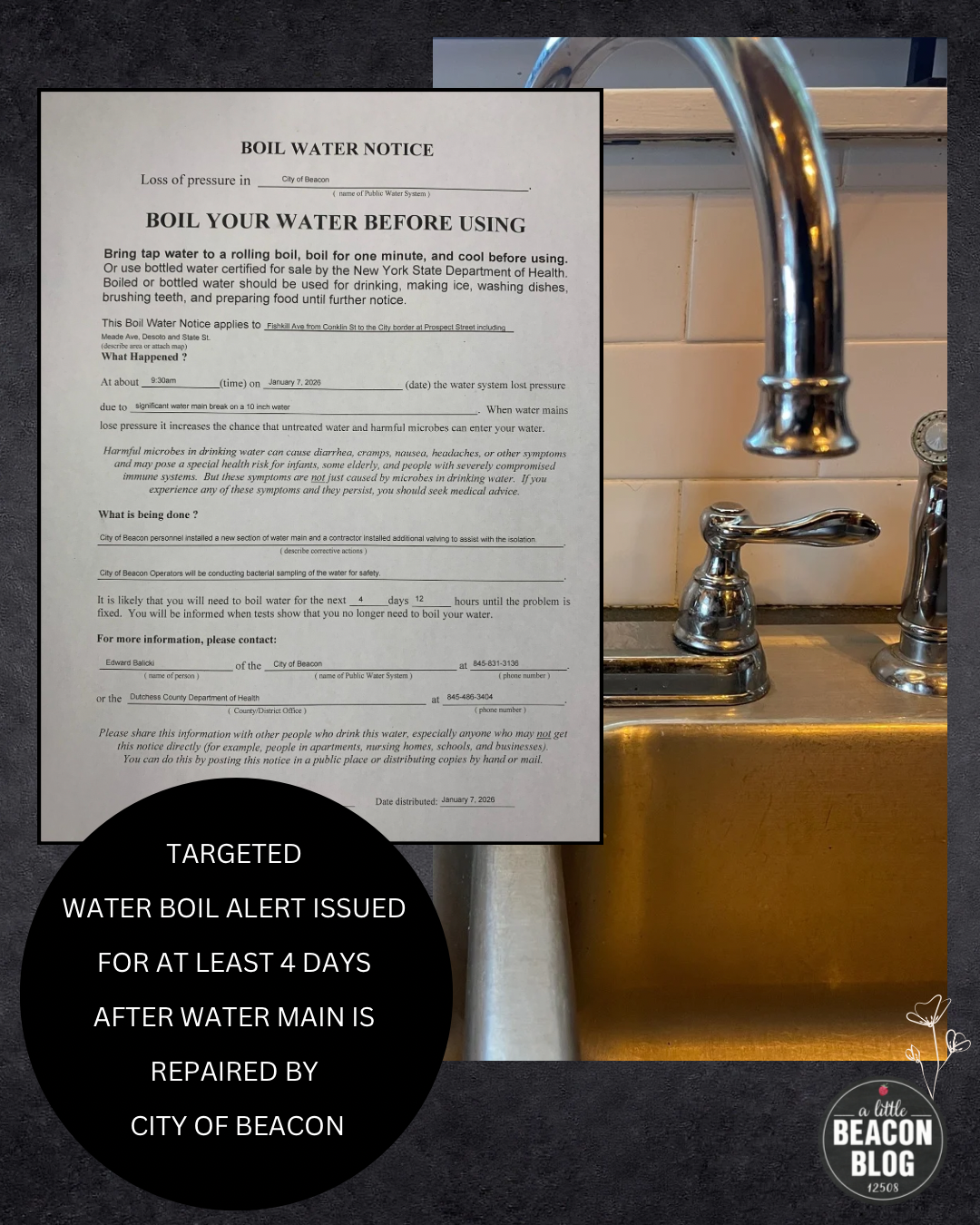Reminder About Comment Policy; No Grammar Shaming; Bias In The Media
/After last week’s reaction to news, we are running an article to remind everyone about the Comment Policy at A Little Beacon Blog. As a result of the insults being thrown around throughout the pandemic, which peaked during election week, and will continue as we cover racial and pandemic topics, and quote people (any people), the insult darts from neighbor to neighbor are going to continue. This is how we deal with them at A Little Beacon Blog:
Comments Are Privileges, Not Rights
Back in the days when print media was the only way to get the news delivered to you in some format that was not word of mouth, people had the opportunity to write in a Letter to the Editor. Of the letters received, only a few could be selected. So it’s a big deal to be printed. Now with website platforms, people can publish comments usually un-moderated. Some websites thrive on this activity. ALBB does not. We do not relish in discomfort, hurt, punches through words.
While a news story might hurt someone’s feelings, it is usually a reflection of what happened. In a news story, reading the truth might hurt, or reading yourself quoted when you spoke at City Council Meeting or other public meeting might feel awkward, but that’s another matter.
The following types of comments will be deleted if left on our Instagram or Facebook, and will not be accepted to be published here on this blog:
Name Calling, like “They are stupid!” Phrases that disrespect people, especially those phrases that combine a word that implies a mentally disabled person. No matter what side you are on, or if you are blended into both sides, if you imply others as being stupid, your comment may be deleted.
False Accusations. When an implication is made in a comment, sometimes we will know who the person is, and if the claim is true. If we cannot validate an event mentioned in a comment, usually we use the comment as a lead to follow up on with the proper authorities, or get more information from that person.
First and Last Names Required, usually: When publishing a comment here at the blog, you need to include your first and last name, and your actual email. If you include just your first name, and your correct email, we may consider publishing it. But really, if you stand behind what you say, you won’t be afraid to include your first and last name. If you use a false email, we won’t publish it. Emails are kept private. They are not published, and we do not add them to our newsletter list.
Try to contribute a thought. If you’re making a comment, please try to contribute a thought that we all can benefit from, as we consider different angles.
Time to disengage. If a comment conversation gets too heated, with insults piling up, we will ask you to stop. Please respect this and move on.
Facebook Alias: If you use an alias at Facebook, and we find out, we may delete your comment. Already we have corresponded with people who do use aliases for various reasons. Those who do use an alias have so far left the most bully-ish comments. If you want to be a bully, do it under your full name with your face for us all to get to know you better.
Instagram Alias: Instagram is a different vibe than Facebook. It was not designed to be like a moving yearbook. If you use a cute name at Instagram, we are fine with this, and may quote you using your Instagram handle.
Quoting from Instagram or Facebook: When you leave a comment at Instagram or Facebook, it is public for the world to see, so we will not ask your permission to quote it if we lift it for an article.
Exceptions to these rules: If you leave a horrific comment, we may actually leave it up, so that others can learn more about you.
Grammar Shaming
What has become clear during the 2020 election is that one group is being implicated as stupid, while that group despises the other group for being elitist smarty-pants types. While one group viewed the 45th president as a great leader, others viewed and experienced him as a bully.
Grammar Shaming is an act of bullying. It is taking the distraction of one’s error in using a official word - either spelled or pronounced - and discarding them based on a spelling error or grammar flub. We discussed this with former mayor Randy Casale in a podcast episode on “What, What Is That?” Randy uses his own diction in pronouncing some words, and for years has been discounted and cut down for it in Facebook. And he’s not the only one who is grammar shamed. It happens all of the time in social media when someone spots a misspelling, etc.
Cutting someone down for the way they speak is wrong. If a white person did that to a Black person, it would be racist. If a white person does it to a white person, it is rude and hurtful. Both versions are an act of being a bully and are hurtful.
People love finding misspelled words. It basically makes them feel better about themselves, because they also make mistakes. But there are several things to consider here:
Ideas are not discounted just because someone spelled something wrong, or uses their own diction. If you see an error, and you want to snicker, keep it to yourself, and do not use ALBB’s social media to point it out.
The English language really is not logical. For those who are professionals at it - good for you. The logic just isn’t consistent. Why are “dove” and “love” pronounced with a soft “o” and “move” is spelled with a hard “o”?
Why does “y” sound like a “y,” except when it’s at the end of a word like “happy?”
There is probably a grammerly type answer for these questions, but that doesn’t mean they are logical or contribute to an easy life :)
So give everyone a break, and don’t use Grammar Shaming if you disagree with someone.
Editing For Spoken and Written Word
There are times when people speak in their style, and their grammar is unique, or part of a dialect of their community. We tend to not edit for that, especially when we transcribe a speech. The speaker loves the way they speak, and we want to respect that. If a speaker asks that we edit a pronunciation, we can do that.
Usually in press releases, if we feel that there needs to be an extra comma, and we really want to add one, we won’t. We love commas! And run-on sentences. If a press release forgot a word, like “not,” then we reach out if the context doesn’t make sense.
Holding Ourselves Accountable Too
There are lots of times we want to reply to a comment, but don’t, as it’s mainly a conversation space for you. We also know that you like your media on the neutral side. But sometimes we dip in. Know that we too are sitting on our hands and biting our tongues if a really snarky or sarcastic comment is trying to come out. We try to follow a guidline of not responding after 7pm, as that’s when words can get really spicy. We try to give it a minute.
Bias In The Media
Every single media outlet is biased, because it is run by humans. Even if the media was created by a computer, the machines learn, right? So they eventually lean in a certain direction. When a writer has an idea, they have an idea for a reason. From the genesis of their idea, or their clue that they are onto a good story idea, they are biased with that idea.
When they pitch it to their editor, their editor gets to make the choice of if the writer can pursue it or not. That editor is also biased. Everyone putting the publication together has a bias. Even the layout artist who is arranging pictures and words and headlines, to find what stands out more. You can’t not be, because you are alive and process information around you.
To accuse a media publication of being “biased” and that being the reason you stop reading is … a sign that you don’t like that one article. Everyone likes to hate on the Poughkeepsie Journal, except when that newspaper breaks a great story that proves your opinion.
Of the two people who unsubscribed from our last newsletter digest, one person had moved, and the other person, an avid reader and inspiration for our Where To Buy Easter Egg Stuff On Main Street Gift Guide (she DMed us from Target, where she put everything back and wanted to buy on Main Street), unsubscribed to say that the publication had become too biased.
That newsletter digest contained the article about the truck train, and article about the second Black person to be appointed onto Beacon’s Board of Education, and how Beacon’s Superintendent was committed to keeping the theme of Undoing Racism in the school’s curriculum.
So if this publication is biased because it is writing about Black people, and making a point to do so more, then yes, that is how we lean into our bias.
“But I’m not racist.”
That’s great!! This comment has been circulating a lot by people who say they are not racist. One of the first steps of not being racist is to be anti-racist. That little word, “anti,” means that you are putting out an extra effort to not be racist.
Part of not being racist is to believe people. If someone tells you a story, or shares a video of someone shouting “white power” in front of the Beacon Post Office, the comment that shows you are not racist would be: “Oh my gosh. That is dreadful. I am so upset he was part of our rally.” Or “Oh my gosh. I know him. I am ashamed that he did that in our rally. I am going to speak to him later.”
But if you say: “I did not hear that from the car I was in.” or “Did you it see coming out of his mouth? Did you see his mouth move?” This will signal that you are in denial. An person in denial contributes to racism. Which brings us back to being anti-racist. Several people who supported the Trump caravan did say these statements - stating that they did not hear anything and wanting more proof than it captured in a video - and it fueled the tension because it was denial. It also stunned a lot of fellow readers.
Ultimately, all of the readers wanted no racism. Anti-racism is how we get there. If you hear a story told to you, and then you respond by telling a story that counter-balances the testimonial given to you, you have denied that person’s testimony. That is not an act of being anti-racist. That is an act of being in denial, and contributing to racism.
You can also know, that our readership has grown with our racial coverage. White people reading are wanting to know more about Black people and their culture - a culture that exists within this very white community but isn’t covered that much - if at all - by the media. So we are trying our best to increase that.
In between breaking news stories about the pandemic or police or whatever else keeps happening.
Thank you for reading, and for your support. This community wants the same thing. Getting there is a unique journey, and never ends. It is a journey we will always be on, so is daily work.







































